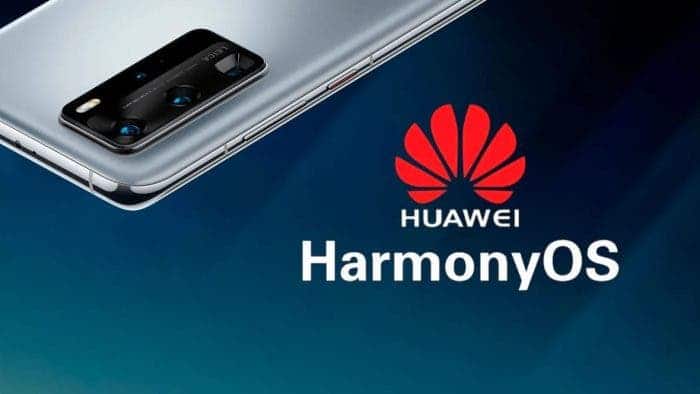Huawei’s homegrown operating system, HarmonyOS, has achieved a significant milestone in the Chinese market, according to recent data from Counterpoint Research. The report indicates that HarmonyOS has surpassed Apple’s iOS to become the second most popular mobile operating system in China, trailing only Android.
Huawei’s HarmonyOS Makes Strong Showing in China, Surpassing iOS

This development marks a notable shift in the Chinese smartphone landscape. In Q1 2023, HarmonyOS held an 8% market share, which grew to a commendable 17% in Q1 2024. Conversely, iOS witnessed a decline in popularity during the same period, dropping from 20% to 16%. This suggests that sales of the latest iPhone 15 series may not have met expectations in China.
HarmonyOS’s ascent to the second position signifies a noteworthy achievement for Huawei. Particularly considering the challenges the company has faced due to US sanctions that restricted access to critical Google services. This success underscores Huawei’s ability to innovate and adapt in the face of adversity.
While HarmonyOS currently holds a dominant position within China, its global presence remains nascent. Android maintains a firm grip on the worldwide market with an estimated 77% share. However, HarmonyOS is demonstrating impressive growth. Doubling its user base from 2% to 4% year-on-year. iOS follows closely behind on the global stage with a 19% share.
Analysts anticipate that Huawei will capitalize on this momentum and further expand HarmonyOS’s reach. The company‘s recent flagship devices, the Mate 60 and Pura 70 series, have garnered significant attention and contributed to the operating system’s success. Additionally, reports suggest that Huawei is exploring the integration of HarmonyOS into laptops, potentially disrupting the traditional PC market.
Looking ahead, it remains to be seen whether HarmonyOS can replicate its Chinese success on a global scale. However, its rapid rise in China, coupled with Huawei’s ambitious plans for the future. This suggests that the operating system has the potential to become a major player in the mobile and potentially broader tech ecosystem.





